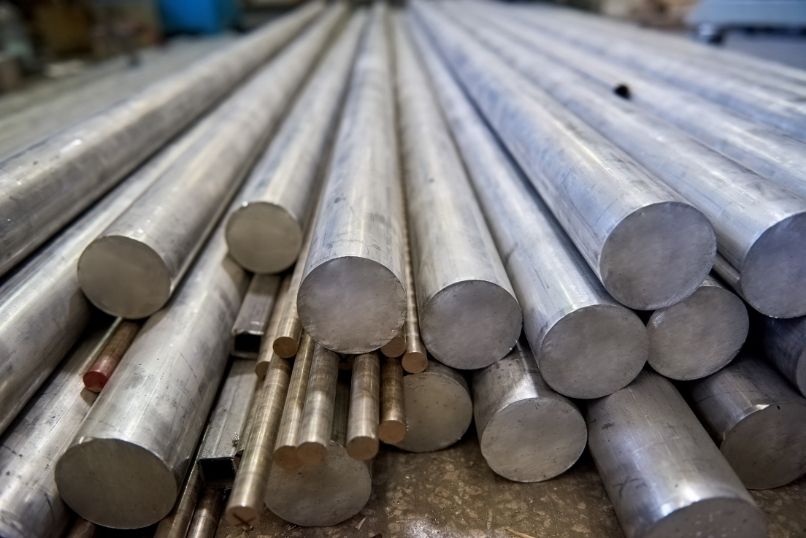Corrosive agents are aiming to eat away your metal everywhere you look. Crude oil in the ground contains sulfur and hydrogen sulfide, two notorious corrosive substances. Both cause corrosion in pipelines—a huge problem the industry faces. Not only that, but any temperatures that exceed 1,100 can make the steel brittle and vulnerable. That’s why copper nickel alloy products and other metals need to be as resilient as possible. Here’s a quick guide to metal alloys in the oil & gas industry.
Nickel
One of the most prevalent ways to reinforce steel alloys is to use nickel. It increases the strength of the steel and provides resistance to corrosive agents such as sulfur. Steel with 9% nickel is strong enough to withstand both high and low-temperature extremes. For this reason, it’s commonly used in heat exchangers. These exchangers remove heat from extremely hot oil and gas, and they have a temperature range between 1650 degrees F to -325 degrees F. That’s why the steel needs to be resilient to both hot and cold temperatures.
Copper
Copper alloys include bronze, and they have thermal and electrical conductivity. Beyond that, they’re highly resistant under cold temperatures. Gas processing plants use copper salts to get rid of mercury. Copper absorbs mercury—which is excellent because mercury is toxic to humans. We don’t want any traces of it in our oil or gas.
Titanium
One of the most substantial and most valuable metals in the entire industry is titanium. It’s a highly versatile metal that will stand up to saltwater, hydrogen sulfide, and carbon dioxide. Adding titanium to a steel alloy makes it stronger, denser, and more resistant to corrosion. Adding titanium to compressor parts will increase their lifespan and enhance their rigidness.
Chromium
This is one of the earliest metals ever used in strengthening steel alloys, and it’s still in use today. That’s a testament to how effective it was and remains to be now. In particular, it can withstand considerably high temperatures (above 435 degrees F) from the deepest oil wells.
Closing Thoughts
With this information, you now have a quick guide to metal alloys in the oil and gas industry. Strengthening steel alloys is a practice that’s been around for a long time—and we’re continuing to refine it. With these strong metal alloys, companies will be able to handle and transport oil and gas safely and efficiently for many years to come.

